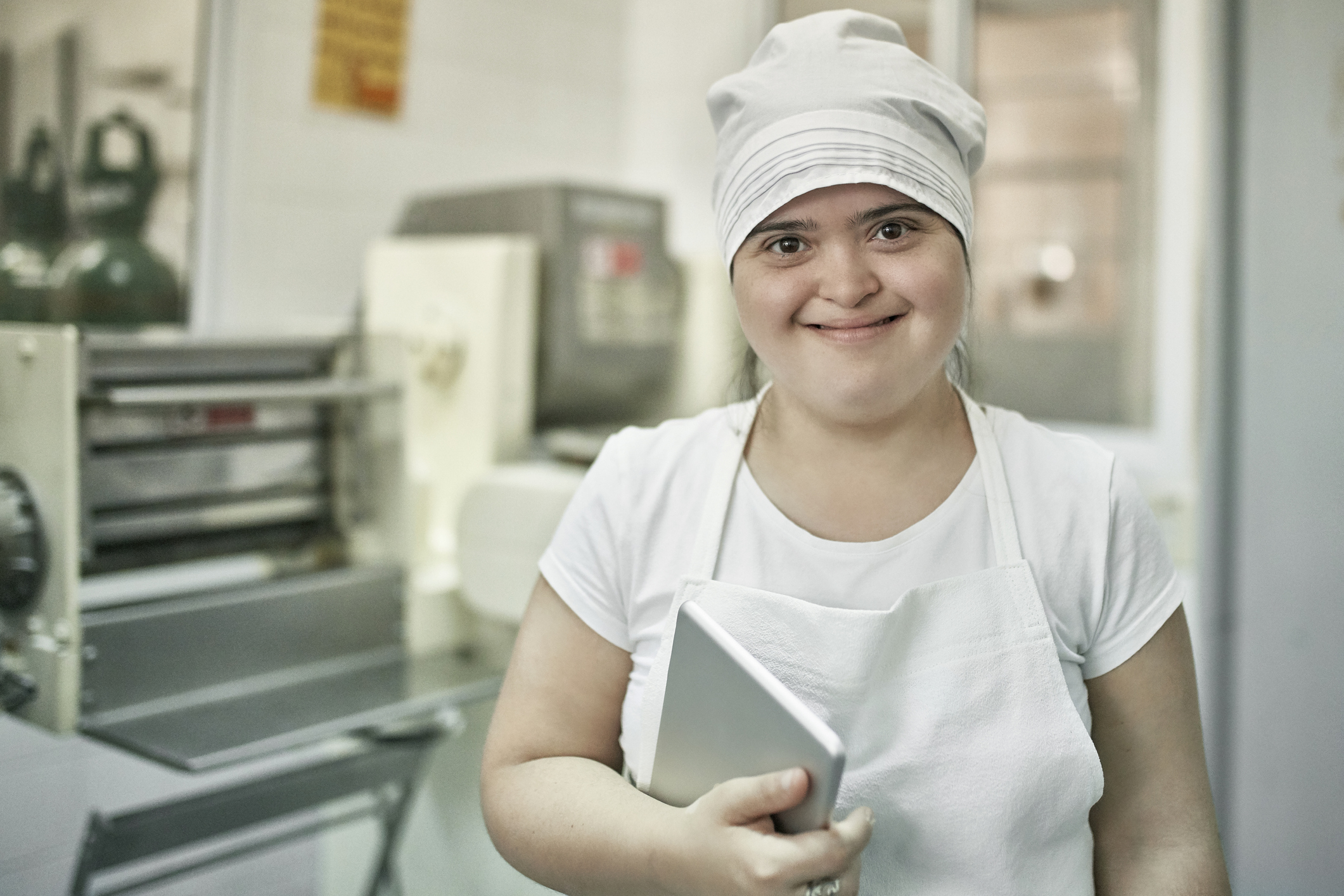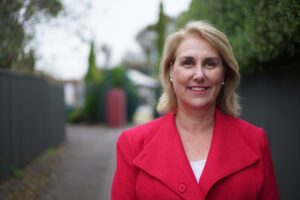
People with disabilities desire mainstream employment but the existing Disability Employment Services system falls short in delivering satisfactory employment outcomes. The introduction of Customised Employment, a person-centred approach utilising individual strengths, presents a potential solution.
Flinders University’s Caring Futures Institute’s Dr June Alexander is leading a research project addressing the challenges faced by people with disabilities in accessing meaningful employment. The project, funded by the Julia Farr MS McLeod Benevolent Fund, explores the limitations of the current Disability Employment Service system in providing meaningful outcomes for people who are most disadvantaged.

The research is the first of its kind in Australia and has been co-designed in collaboration with Jala Burton and Tim Cahalan, community researchers possessing lived experience of disability. Their invaluable contributions extend across every phase of the project, encompassing research design, data collection, and analysis.
Generally, individuals with disabilities initiate the employment process by approaching a Disability Employment Services provider and express their interest in securing a job. Subsequently, the provider undertakes the task of searching for available employment opportunities, often utilising platforms such as Seek. Nevertheless, challenges often arise, leading to individuals prematurely discontinuing their roles after only a brief period.
Dr Alexander explains, ‘The mismatch between the job obtained and the person’s preferences often leads to dissatisfaction, and sometimes employers may not be entirely satisfied with the employee. As a result, securing long-term employment for people with disabilities can be very difficult.’
Customised Employment is a personalised, strengths-based approach that recognises and utilises an individual’s abilities and talents. It involves adapting mainstream employment roles to achieve positive outcomes for both the employee and the employer. While Customised Employment has demonstrated success and is standard practice in the United States, its adoption in Australia is relatively recent.
Dr Alexander highlights the transformative impact of customised employment, stating, “The great thing about customised employment is that we achieve significantly better outcomes. This approach not only leads to increased job satisfaction for employees but also fosters a happier work environment for employers.”
Recent studies have identified both commonalities and differences in the application of customised employment methods. Dr Alexander emphasises the lack of a standardised approach, expressing concern about insufficient professional training among disability employment staff in effectively delivering Customised Employment.
The absence of a uniform approach raises concerns about potential loss of traction and eroding confidence in the system if not implemented properly. This underscores the critical need for comprehensive support structures to ensure the success of customised employment initiatives and to maintain fidelity.
Further, while the NDIS recognises positive outcomes with Customised Employment, some practitioners face challenges securing funding, posing potential obstacles to the initiative’s effectiveness.
The methodology employed for data collection involves the implementation of semi-structured interviews. These interviews will engage disability employment staff along with individuals with disabilities or their caregivers. The insights gained through these interviews will serve as the foundational elements for the comprehensive data analysis.
The intended outcomes include a comprehensive report for dissemination to NDIS, federal government ministers, and peak disability bodies. Operational recommendations for successful Customised Employment implementation in the sector will also be provided.
Aligned with the aims of the Caring Futures Institute, the research seeks to enhance wellbeing, inclusion, and community participation for people with disabilities. By influencing policy changes and workplace practices, the study aims to have a lasting impact on the lives of those seeking meaningful employment.
The benefits of utilising a Customised Employment approach extend to prolonged job tenure, fair compensation through award-based wages, and opportunities for career advancement.
Dr Alexander acknowledges the trade-off, noting, “It’s a lot more work upfront, so it costs a lot more money but despite the initial investment, the long-term gains in terms of employee wellbeing and career development underscore the efficacy of Customised Employment in reshaping the landscape of work for individuals with disabilities.”

